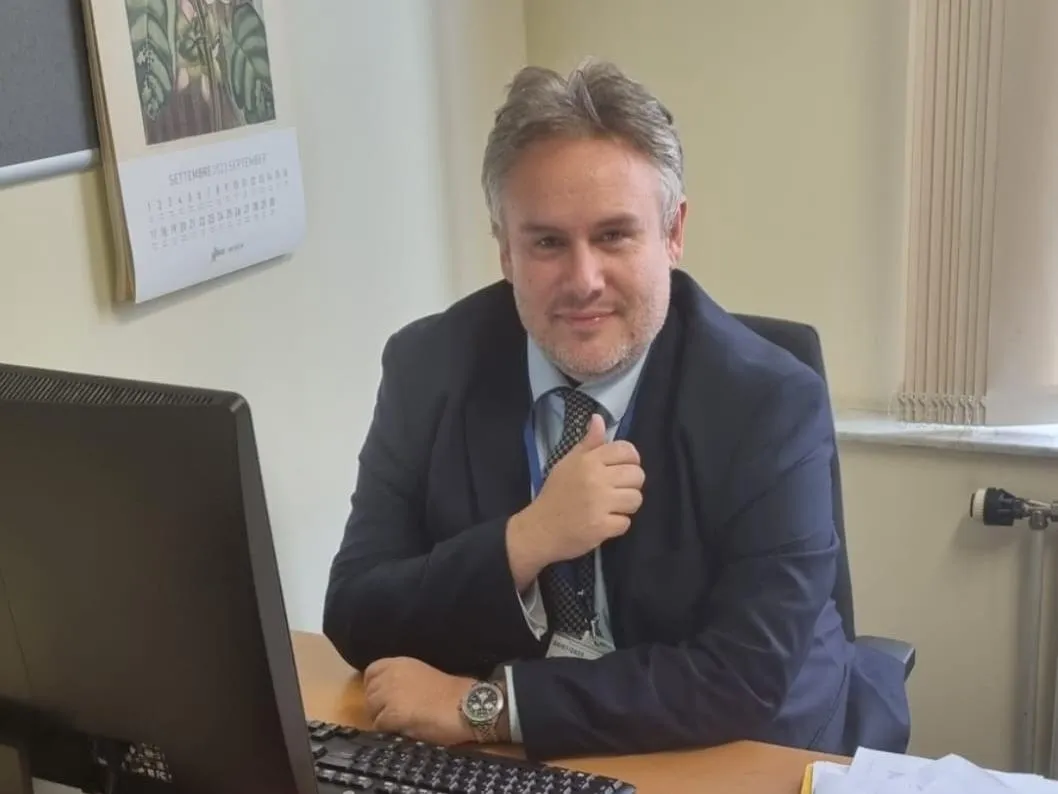
Crises Strengthen, Not Weaken, the European Union
"I consider myself one of the lucky few whose job today is exactly what they studied; in my case, European integration," says Giancarlo Viola, former Bocconi graduate with a degree in Economics and Management of Public Administration and International Institutions (CLAPI). He just started his role as Attaché for Infringement Procedures at the Permanent Representation of Italy to the European Union. This office was, interestingly, also Giancarlo's first career stop after graduating in European Economic Policy with a thesis focusing on the division of competences between the EU and Member States – written in the very years in which the then-failed attempt to approve a European Constitution was underway. "After other professional experiences and, above all, more than ten years spent here in Brussels doing institutional lobbying for the Lombardy Region, I returned to the office that represents Italy's interests. Representing one's nation is thrilling, but also takes great responsibility."
In his current role, Viola deals in particular with the application of European law in the fields of transport, taxation, financial services and the domestic market – issues on which the European institutions and in particular the Commission and Court of Justice ask Italy to adapt to the legislation. "It is a role with a pretty tight turnover; my term lasts two years and can be renewed up to a maximum of eight," the official explains. "I hope to have time and an opportunity to expand my skills to other areas such as policy or how standard European legislation is formed, therefore getting to represent Italy also in these processes. The EU is a unique, supranational body to which, by Treaty, some competences are ceded by national institutions. The integration process therefore follows cyclical phases of ups and downs, also suffering impacts from external events such as Brexit, Covid and the current war in Ukraine. These are events that put the Union at risk but, at the same time, somehow strengthen it. The Russian invasion of Ukraine, for example, gave the EU the opportunity to strengthen the foreign policy role it has always been accused of not exercising."
In the same way – according to the Bocconi Alumnus – crises are gradually dropping other misconceptions about Europe, including those which accuse the European institutions of being blocked and unable to take quick and effective decisions. "Even this criticism is overtaken by current events," concludes Viola. "The same constraint of unanimity now occurs in a few areas such as foreign policy, defense and economic governance, but on all other issues – including those closest to citizens' daily lives, such as transport, agriculture, domestic market and energy – a qualified majority mechanism has already been in place for some time that makes the EU decision-making process more efficient and impactful."